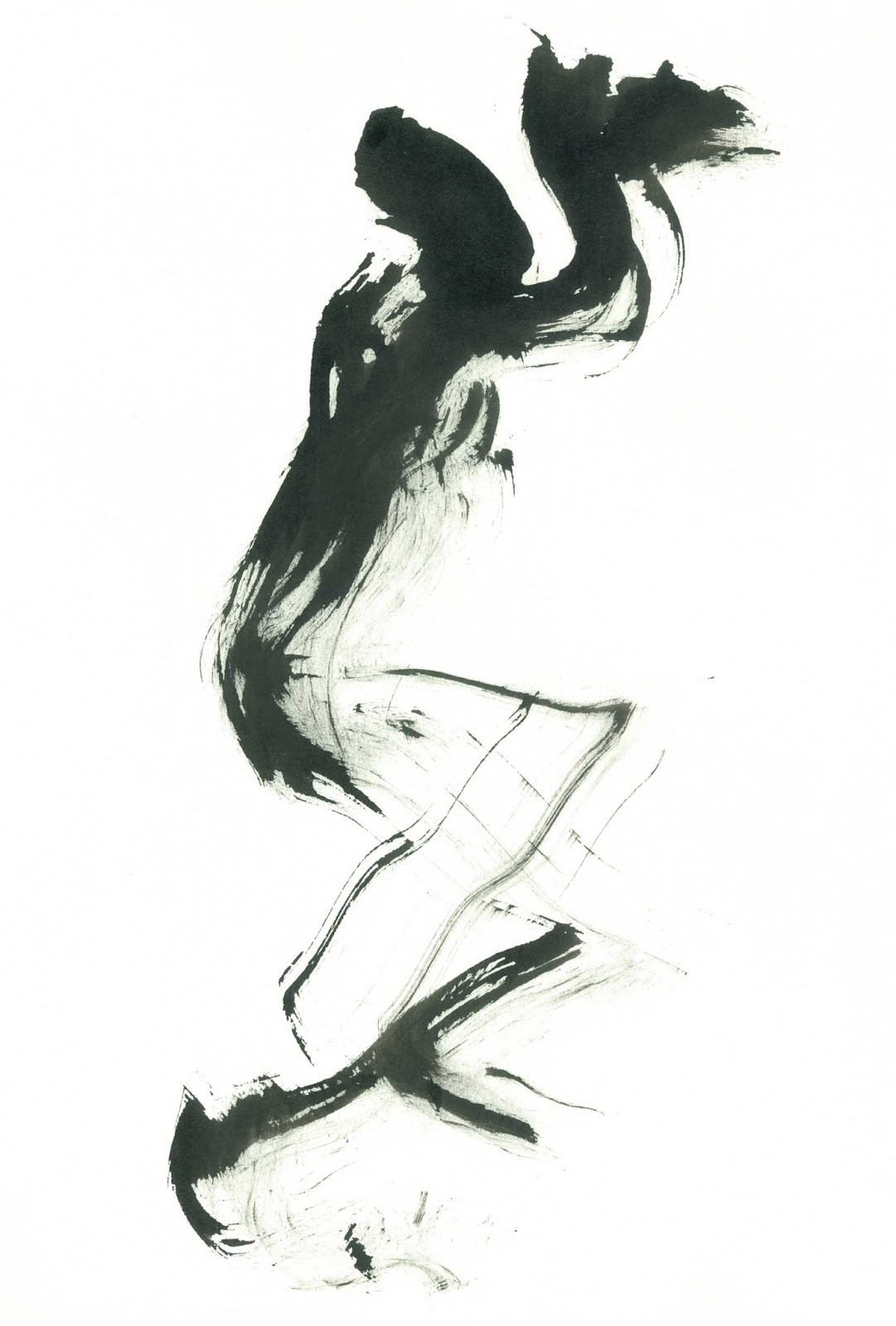[contextly_auto_sidebar]

Sketch by Isobel Williams from Proof Magazine, issue 1: Justice in a time of moral panic
Peers last week called for a ban on ‘media stunts’ by the police investigating allegations of historical child sex abuse and expressed concerns about an erosion of the presumption of innocence.
In a debate about the need for robust statutory guidelines on the investigation of such cases, the Conservative peer Lord Lexden noted what ‘a cultural shift towards believing allegations of abuse’. ‘It is but a short step from such practices to the diminution, if not the reversal, of that most basic of our rights: that we are innocent until proved guilty,’ he said.
Peers expressed their concern about a run of recent cases involving accusations against former head of the Army Lord Bramall, Lord Leon Brittan, the DJ Paul Gambaccini and singer Sir Cliff Richard. Lord Lexden was highly critical of the ‘blaze of publicity’ following the coverage of the 2014 raid of Richard’s home which was, he said, created by the police and the BBC acting in ‘grotesque collusion’. ‘Many would feel that an explicit ban is needed on the deplorable media stunts in which the police have been involved and on sustained, irresponsible trawling for evidence,’ he said.

Picture: posted by Nigel Evans on FaceBook
- Over the weekend, Cliff Richard, Paul Gambaccini and Nigel Evans are to campaign for a change in law to protect the anonymity of those accused of sexual assault and rape
The debate proposed by Lord Lexden was a motion to ‘take note of the case for introducing statutory guidelines relating to the investigation of cases of historical child sex abuse’. Peers were told that as a result of the 2012 revelations about the scale of abuse by Jimmy Savile following the airing of an ITV documentary, there had been an exponential increase in allegations.
According to the National Police Chiefs’ Council’s lead for child protection, Simon Bailey in March 2016 that there had been an 80% rise in child sex offence allegations in the three years to 2015. Over the last 12 months, there were 70,000 investigations with historical complaints making up 25% to 30% of the total. The average cost of each investigation is £19,000. ‘If it continues at this rate we will be investigating 200,000 cases at a cost of £3 billion by 2020,’ Bailey said.
Blaze of publicity
Lord Lexden, who is the official historian of the Conservative party, called Operation Midland, the failed VIP paedophile ring investigation, a ‘ludicrous, large-scale police operation undertaken on the word of a fantasist’. When it was launched, detective superintendent Kenny McDonald described claims by a man known only as ‘Nick’ as ‘credible and true’. The high profile investigation lasted 18 months, cost £1.8 million but failed to turn up any significant evidence. ‘Just a little light research would have shown that much the same story, minus murder, had been manufactured 20 years earlier,’ Lexden said.
The Tory peer Lord Cormack told the House that he could not recall a time when he felt more angry than when he saw a senior Wiltshire Police officer in front of Edward Heath’s home in Salisbury appealing for ‘victims’ to step forward. ‘We are dealing with Salisbury in the 21st century and not with Salem in the 17th. There has been too much in recent years of the atmosphere of the witch hunt,’ h said.
Lord Dear, former chief constable of the West Midlands Police, expressed his concern as to the manner of the investigation into Lord Bramall. He said: ‘[It] surely is totally inappropriate to turn up at his house in a small market town with marked police cars, with 20 – no less – officers in white scenes of crime suits to carry out a search of his property, in a blaze of publicity.’
Peers also lined up to express their concern about Church of England’s treatment of the former Bishop of Chichester, George Bell. The former Bishop of Chichester died in 1958, was revered by many and, according to the historian Ian Kershaw, was ‘the most significant English clergyman of the 20th century’. Peter Hitchens called Bell the ‘one undeniably great figure’ in a recent Spectator profile.
Some 37 years after Bell’s death a woman known only as ‘Carol’ made complaints that the he had abused her when she was five years old. Compensation was paid out after a civil compensation claim was settled last October by the Church of England.
Lord Carey, former Archbishop of Canterbury, spoke of his ‘distress’ at the Church’s conduct of the case which he reckoned had fallen considerably short of even a civil standard of proof (i.e., balance of probabilities). He reckoned that the the investigation had failed to check contemporary accounts in order to determine the accuracy of allegations, interview surviving relatives or even speak to his chaplain at the time the abuse was claimed to have taken place. Instead the bishop been ‘judged a paedophile and a pervert’ and the ‘trashing of his memory and magnificent career’ was well under way. ‘Even the civil standard relies on a person having a defence, someone to bat for them, and we have no evidence that the safeguarding officials of the Church of England… who oversaw the supposedly painstaking investigation looked at any evidence,’ he said. ‘… Its procedures have had the character of a kangaroo court and not a just, compassionate and balanced investigation of the facts,’ Lord Carey said.
He went on to say that there was ‘a strong case to be made for a new approach to historic sex abuses’.
‘When a complaint is brought, we should not expect the police to regard it as credible and true but to investigate it with an open mind, pursuing the evidence wherever it leads to build a case which the prosecuting authorities believe has a chance of obtaining a conviction.’
Lord Carey







